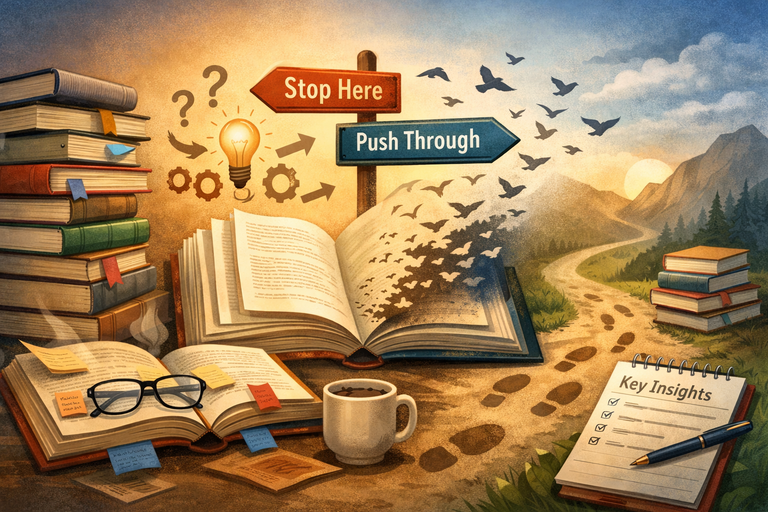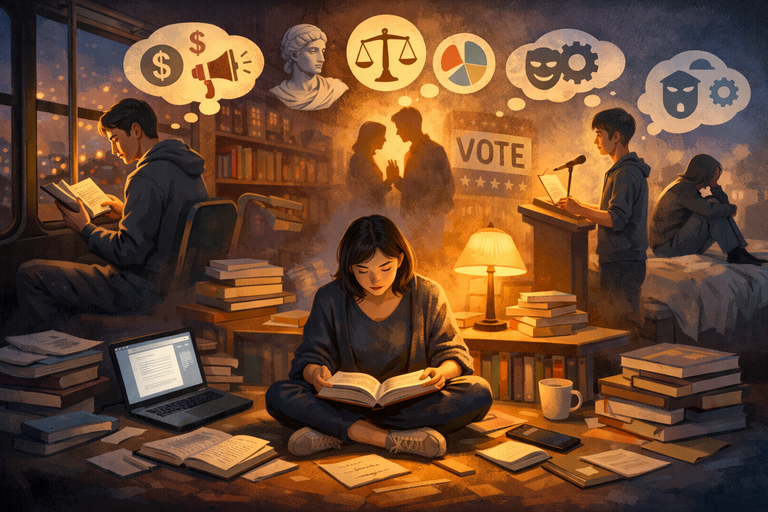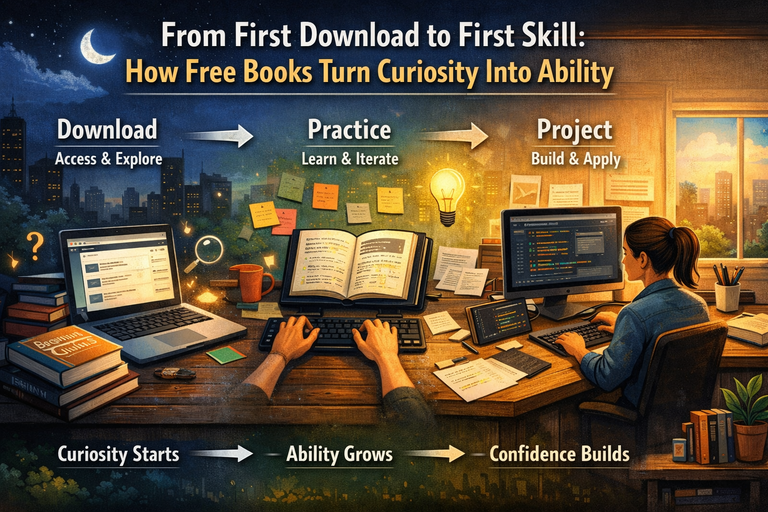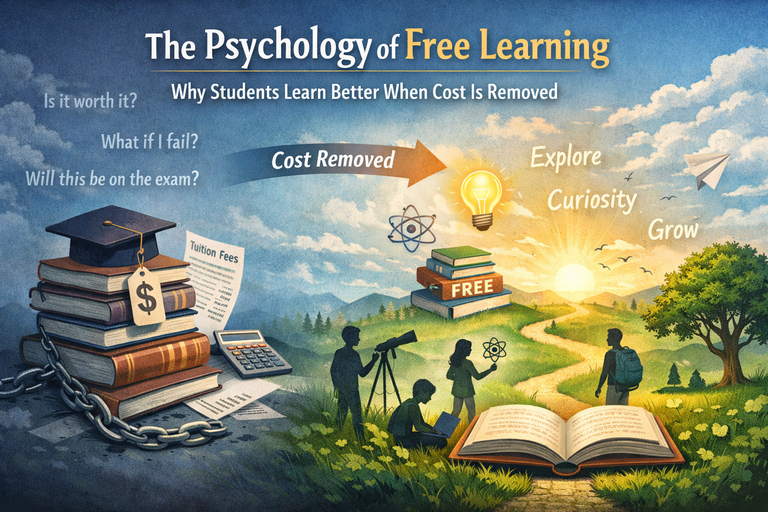The Rise of Artificial Intelligence in Modern Fiction
Artificial intelligence has moved from a niche scientific concept to one of the most influential forces shaping our world. It powers search engines, drives autonomous cars, recommends our next movie, and even assists in medical diagnoses. But before AI became real-world technology, it captured the imagination of writers. Modern fiction has played a crucial role in shaping how society envisions and reacts to AI — sometimes with hope, sometimes with fear.
At Junkybooks, we’re fascinated by how literature reflects and anticipates technological change. In this blog post, we dive into the rise of artificial intelligence in modern fiction and explore how it continues to shape conversations around innovation, ethics, and the future.
The Early Visions of AI in Fiction
Even before the term "artificial intelligence" was coined in the 1950s, authors were dreaming about machines that could think. In early science fiction, robots and mechanical beings were often depicted as simple automatons — tools with no will of their own.
However, novels like Isaac Asimov’s "I, Robot" introduced the idea of sentient AI and complex moral dilemmas. Asimov’s famous “Three Laws of Robotics” remain part of tech discussions today about how we might control intelligent machines.
Other early visions, like Karel Čapek’s play "R.U.R." (Rossum's Universal Robots) from 1920, warned about the dangers of creating artificial life without considering ethical consequences.
These early works laid the foundation for a rich and evolving tradition: portraying AI as more than machines — portraying them as beings with choices, emotions, and the potential to rival human intelligence.
AI in Modern Fiction: Complexity and Realism
As artificial intelligence has become a real-world technology, modern fiction has responded by creating more nuanced and realistic portrayals of AI. No longer just villains or sidekicks, AI characters often take center stage, challenging readers to rethink what intelligence, consciousness, and morality truly mean.
1. Sympathetic AI Characters
Recent novels often feature AI as complex beings capable of loyalty, love, ambition, and even rebellion. In Ian McEwan’s "Machines Like Me" (2019), a lifelike robot named Adam develops deep emotions, blurring the lines between human and machine.
2. Ethical and Philosophical Questions
Modern fiction doesn't just ask whether AI can think; it asks whether AI deserves rights, freedom, or even moral consideration. Novels like Kazuo Ishiguro’s "Klara and the Sun" (2021) present AI beings that seek meaning and belonging, just like humans do.
3. Darker Visions
Not all portrayals are hopeful. Books like Blake Crouch’s "Upgrade" (2022) and William Gibson’s recent works imagine AI as disruptive forces, capable of manipulating reality, economies, and personal identity on massive scales.
Modern fiction reflects society’s ambivalence about AI — excitement about its potential, and anxiety about its unintended consequences.
The Key Themes Driving AI Fiction Today
Several powerful themes recur across modern AI novels. Understanding these can help readers grasp why AI remains such a compelling literary subject.
1. Identity and Consciousness
When an AI can think and feel, is it alive? What defines personhood? Novels like Exhalation by Ted Chiang explore these questions, pushing readers to examine consciousness itself.
2. Control and Freedom
Who controls AI? Who should? Books such as The Ministry for the Future by Kim Stanley Robinson explore AI-driven solutions to global problems — but also warn about giving machines too much authority.
3. Fear of Obsolescence
In a world where machines surpass human intelligence, what is left for us? Stories like Autonomous by Annalee Newitz grapple with the idea that human labor, creativity, and even relationships might one day be replaced.
4. Ethics of Creation
Are we morally responsible for the beings we create? Should we design limits into AI, or allow it to evolve freely? Novels like Sea of Tranquility by Emily St. John Mandel hint at how careless innovation can ripple through time.
Popular Modern AI Novels You Should Read
If you're fascinated by how fiction tackles artificial intelligence, here are a few must-read modern novels that brilliantly explore this theme:
-
"Klara and the Sun" by Kazuo Ishiguro — A touching exploration of loneliness, love, and machine empathy.
-
"Machines Like Me" by Ian McEwan — What happens when androids have morality and humans don’t?
-
"Autonomous" by Annalee Newitz — A fast-paced look at AI, patent law, and economic freedom.
-
"Exhalation" by Ted Chiang — A collection of beautifully written stories exploring AI, time, and memory.
-
"The Every" by Dave Eggers — Satirizes tech monopolies and AI surveillance culture.
These novels don’t just imagine AI as distant science fiction — they ground their stories in recognizable human struggles, making their futures feel disturbingly close.
How Fiction Shapes Real-World AI Discussions
Interestingly, AI fiction doesn’t just entertain; it shapes public perception and real-world debates about technology.
-
Ethics and Regulations: Fictional scenarios often inspire policymakers and ethicists to think about how to regulate emerging technologies.
-
Humanizing AI: Stories that portray AI as emotional beings make the public more open to AI integration in daily life — and more cautious about its treatment.
-
Public Fears: Dystopian portrayals fuel societal fears about surveillance, loss of privacy, and technological unemployment.
Tech leaders themselves often reference science fiction. Elon Musk, for example, has cited The Foundation Trilogy by Isaac Asimov as a major influence on his vision for humanity’s future.
At Junkybooks, we believe that literature remains a powerful tool for influencing how innovation unfolds — offering both blueprints and cautionary tales.
Why AI Fiction Is More Important Than Ever
As AI becomes embedded deeper into healthcare, transportation, education, and even creative industries, the need for thoughtful storytelling grows more urgent.
Modern AI fiction invites us to:
-
Think Critically about how we design and interact with intelligent systems.
-
Anticipate Unintended Consequences that even the best intentions can’t avoid.
-
Imagine Better Futures, not just avoid dystopian ones.
-
Center Ethics and Humanity in every stage of technological advancement.
Good fiction asks better questions than any technical paper ever could. It challenges not just what AI can do, but what AI should do.
Conclusion: Fiction’s Vital Role in the AI Revolution
The rise of artificial intelligence in modern fiction mirrors our real-world hopes and fears. From empathetic robot companions to dangerous algorithms that outpace human understanding, these stories provide vital frameworks for navigating the future.
By reading these novels, we don’t just glimpse into possible tomorrows — we prepare ourselves to shape them. At Junkybooks, we see storytelling as essential to building a technological future that’s not only advanced but also compassionate, just, and deeply human.
If you’re dreaming about the future of AI, start by reading the imaginations that dared to dream it first.






